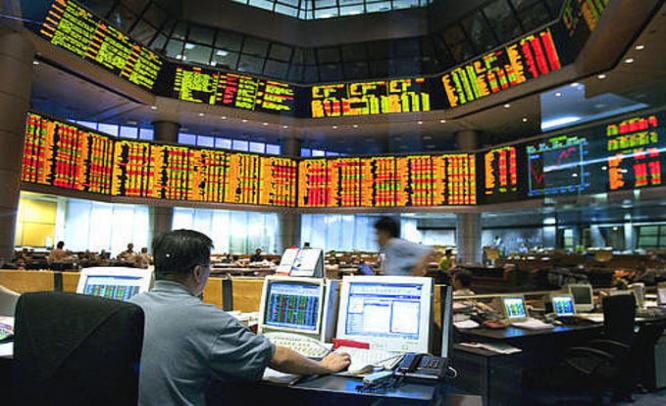STABILITY: The nation’s banks are well capitalised and governance applies equally to all financial institutions.
MALAYSIA’S dynamic economy and its rise to middle-income nation status offer lessons for many countries seeking to reduce poverty and build shared prosperity.
The country’s economy shows continued strong momentum with real gross domestic product (GDP) growth estimated at five per cent for this year. Malaysia’s highly open economy has displayed remarkable resilience in the face of a weak global environment as domestic demand remains robust.
Malaysians now enjoy an annual gross national income (GNI) per capita of almost US$10,000 (RM30,000) and the country is working towards becoming a high-income economy.
Macroeconomic management has been strong and the business environment robust.
The latest figures on household income show that the bottom 40 per cent of people have benefited from economic growth and extreme poverty has been nearly eradicated. The economic and social progress is impressive considering that five decades ago, the GNI per capita was only US$300.
The country’s transformation provides many examples of how Malaysia improved living standards for its people.
One area that stands out as a major contributor to Malaysia’s success is its innovative and inclusive financial sector.
Malaysia has developed a full range of financial services from microfinance to special loans for farmers tied to growing seasons and financing for small- and medium-scale enterprises.
Malaysia has one of the highest levels of financial inclusion in the world at 92 per cent and the country has taken advantage of mobile phones and online banking to expand access.
Development of an inclusive financial sector is key to building shared prosperity, as access to finance is critical to the ability of small entrepreneurs to grow their businesses and their incomes and to create jobs.
This has contributed to the growth of small- and medium-scale enterprises that now employ close to 40 per cent of the country’s workforce.
Malaysia’s innovative and sound financial services sector was partly born out of the lessons the country learned from going through the pain and loss of the Asian financial crisis of the late 1990s.
Today’s financial sector is underpinned by modern rules, regulations and governance, and solid institutions to ensure stability of the system.
Having learned from the crisis, Malaysia is now sharing its experience with other developing countries so they develop regulatory policies and institutions to help mitigate the risk against a potential crisis.
Fundamental to the stability of Malaysia’s financial system is its adoption of compliance with global standards for supervision and regulation of banking and insurance.
At the same time, Malaysia’s banks are well capitalised and governance and regulations apply equally to all financial institutions across the country.
In addition, the court system and alternative mechanisms including arbitration facilitate resolution of disputes.
Malaysia has also become a global leader in Islamic finance or participant banking.
During the last decade, the country has boosted financial inclusion partly by developing an Islamic finance agenda to promote stability and stronger ties between finance and the real sector.
Islamic finance traditionally served as an alternative channel for banking and financial transactions in accordance with Islamic practices.
The quality of service and sound practices adopted by Malaysian financial institutions has proven its viability.
The World Bank is looking forward to working with Malaysia to continue sharing lessons from its financial sector success with developing countries where improved financial services could be part of the solution to lift millions of people out of extreme poverty.
Source:World Bank

